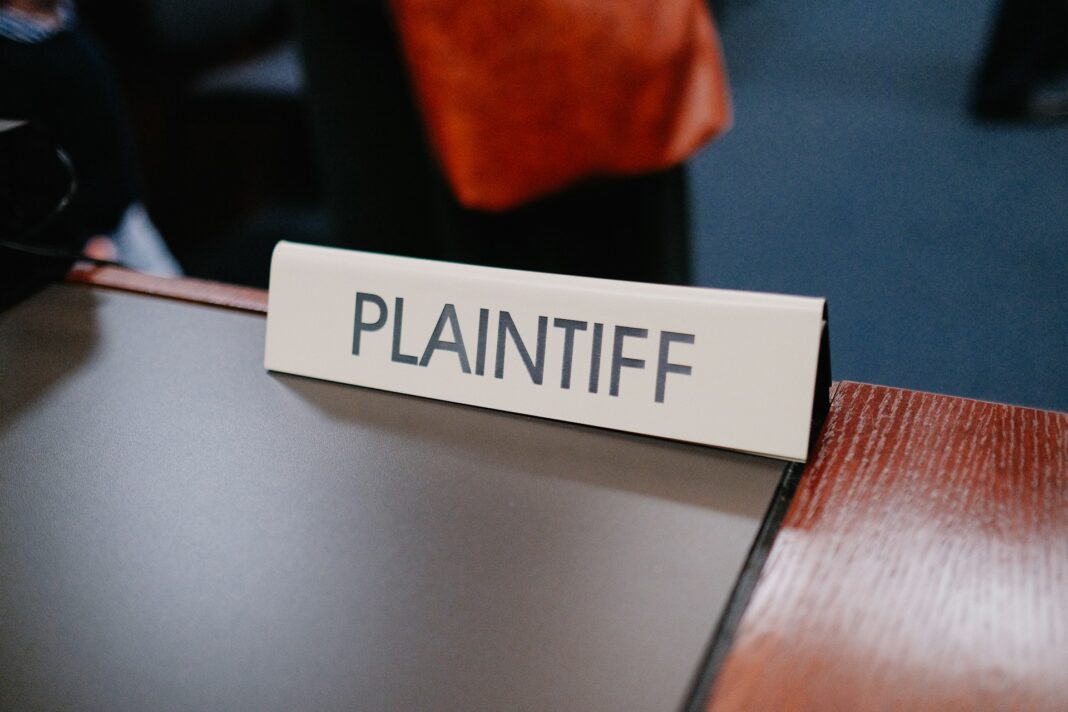UNITED STATES—When life hits you with the unexpected—a slip, a fall, or a sudden collision—the aftermath can be daunting. Amidst the physical pain and emotional strain, the next big question looms; settle or go to trial? Deciding the best path for your personal injury claim is a crucial crossroad. In this guide, we’ll dissect the pros and cons of settling vs. heading to trial, helping you make an informed decision that aligns with your unique circumstances.
Understanding the Landscape
Before diving into the settlement vs. trial debate, it’s essential to grasp the lay of the land. Personal injury claims arise from a myriad of situations, including car accidents, workplace mishaps, or even slips on a banana peel (yes, those happen too!). The heart of the matter lies in seeking compensation for the damages—physical, emotional, and financial—that have befallen you due to someone else’s negligence.
To ensure the best course of action, seek the legal advice of Ocala, FL personal injury attorneys at Meldon Law. Getting in touch with professionals will maximize your chances of obtaining a fair settlement.
The Settlement Crossroads
The Quick Fix: Settling
Picture this, you’re at a fork in the road, and the settlement route is akin to a well-paved highway. Choosing to settle means opting for a quick resolution without the courtroom drama. It’s like reaching an agreement with a firm handshake rather than engaging in a legal showdown.
Benefits of Settling
Efficiency is the name of the game here. Settling often wraps things up speedily, sparing you from the prolonged uncertainty of a trial. The whole process is streamlined, and you can put the incident behind you faster than you can say “done deal.”
Another feather in the settlement cap is the predictability factor. With a settlement, you have a clearer picture of what you’ll receive in compensation. No surprises, no curveballs—just a straightforward resolution that lets you move on with your life.
But (and there’s always a “but”), settling isn’t all sunshine and rainbows. While it offers swifter closure, the trade-off might be a lower compensation amount. Insurance companies, eager to tie up loose ends, may present tempting offers, but they’re not always as generous as you deserve.
The Legal Battlefield: Going to Trial
On the flip side, choosing to go to trial is like strapping on armor and marching onto the legal battlefield. It’s not for the faint of heart, but it can be a strategic move if circumstances call for it.
The Drama of the Courtroom
Trials have a flair for the dramatic. It’s a stage where evidence is presented, arguments are passionately made, and a judge or jury decides your fate. If you thrive on courtroom theatrics and want your day in the legal sun, going to trial might be the path for you.
One significant advantage of opting for a trial is the potential for a higher compensation payout. Courts may award more substantial sums, especially if negligence is crystal clear, leaving little room for dispute.
However, the journey to justice via trial is a winding road. It demands time, patience, and a strong stomach for the legal rollercoaster. Delays, complexities, and a dash of uncertainty come with the territory.
Head-to-Head: Settling vs. Trial
The Finances: Show Me the Money!
When it comes to personal injury claims, the moolah matters. Settling tends to offer a guaranteed sum, providing financial certainty. It’s the bird in hand, so to speak. On the contrary, going to trial can be a gamble. While the potential for a larger payout exists, there’s also the risk of ending up with less or, in rare cases, nothing at all.
Time: Swift Closure vs. Protracted Drama
Time is of the essence, especially when dealing with the aftermath of an injury. Settling is the express lane, providing a speedy resolution. Trials, however, are more like a scenic route—filled with twists, turns, and potential delays. If you’re looking to put the incident behind you pronto, settling might be your best bet.
Stress Levels: Zen vs. Drama Queen
Let’s talk stress. Settling is the zen master of personal injury resolutions. It’s a calm negotiation table where you discuss terms and reach an agreement. Trials, on the other hand, can catapult stress levels into the stratosphere. Courtroom drama, legal complexities, and the unpredictability of outcomes can make the process emotionally taxing.
Decision Time: Factors to Consider
Liability: Who’s to Blame?
The crux of any personal injury claim is establishing liability. If the other party’s negligence is crystal clear, settling may suffice. However, if fault is disputed, going to trial allows for a thorough examination of evidence, leaving no stone unturned.
Offers on the Table: Playing Hardball
If the insurance company’s settlement offer resembles spare change from the couch cushions, going to trial might be the strategy to deploy. A well-prepared legal team can present a compelling case, potentially leading to a more substantial compensation award.
Desire for Closure: The Need for Speed
If your goal is swift closure, settling is the hare in this legal race. Trials, with their formalities and procedural hurdles, are the tortoises. Consider your need for closure and the impact it has on your mental well-being.
Navigating the Crossroads
In the end, settling vs. going to trial is a personal decision, akin to choosing between the scenic route and the express lane. Each path has its merits and drawbacks, and the best choice hinges on your unique circumstances.
Remember, it’s not just about the destination but the journey itself. Whether you settle or go to trial, ensure it aligns with your goals, values, and the justice you seek. As you stand at the crossroads of your personal injury claim, choose the path that leads you to resolution and closure, knowing you’ve made the best decision for your journey ahead.






